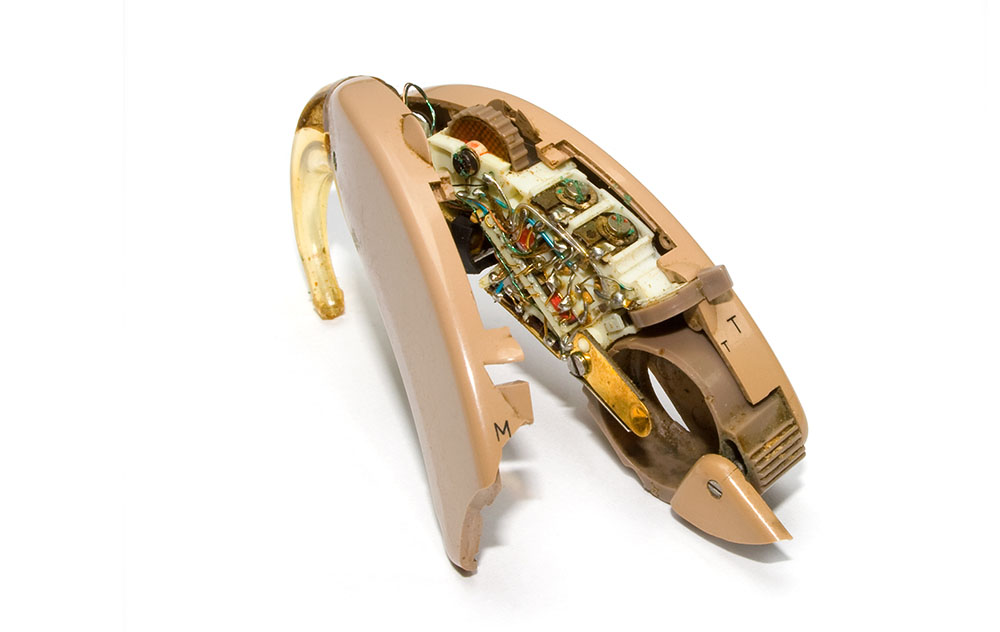
Handling Hearing Aid Repairs
When you’ve invested a generous amount into your hearing aids, the last thing you want is for your devices to go haywire. However, unfortunately, hearing aids are like any other piece of technology and can begin to malfunction, requiring repair.
Common signs that indicate your hearing aids could be in need of repair include “dead” devices, inconsistent performance, distorted or unclear sound or weak sound.
At-home solutions
Before calling your audiologist, consider some do-it-yourself tips and tricks that could help solve whatever is ailing your devices.
- An easy solution that often fixes haywire hearing aids is checking the battery. Open and close the battery compartment or replace the hearing aid batteries entirely.
- If the hearing aids still do not work, check the devices’ settings, to make sure the volume didn’t accidentally get turned down during a cleaning or removal.
- Cleaning your hearing aids is another solution that can make hearing aids work correctly again. Often times, earwax and other debris can build-up in vital components of the hearing aids, causing static or intermittent or reduced noise.
Should your hearing aids still fail to work properly after a thorough cleaning, settings inspection or battery replacement, you will likely need to call your audiologist. Before placing the call, collect all pertinent documentation regarding your hearing aids, such as instruction manuals, warranties, receipts of purchase or insurance, if you have it. Sometimes hearing aid malfunctions can be fixed for free or a reduced price under a manufacturer’s warranty. Other times insurance can help cover the cost for a repair or even replacement.
Repair or replace?
Your audiologist will be able to diagnose the problem with your hearing aids. Depending on the severity of the damage, they will suggest either repair or complete replacement. The cost of a repair will vary depending on any applicable warranties, the extent of the damage and the cost of replacement parts of the aids. Sometimes, as indicated, a new pair of aids is more cost effective for malfunctioning hearing aids.
Usually, replacement is the best option when your hearing aids are five or more years older, the damage is visible and extensive or your hearing aids have already been repaired several times.
Talk with your audiologist regarding any hearing aid repairs and what you can expect during the process.

